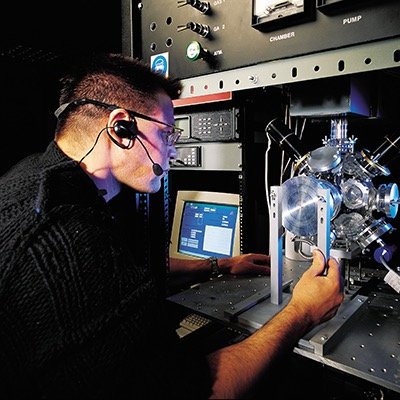
Anthropic has officially unveiled Claude Sonnet 4.5, a cutting-edge AI model tailored for coding tasks. Anthropic referred to Claude Sonnet 4.5 as the “premier coding model globally.” As of today, it will drive Claude Code, a favored option among both casual coders and professionals.
This new model marks an advancement over its predecessors and seems to provide notable capabilities. Scott Wu, co-founder and CEO of Anthropic, stated that this model signifies “the most significant leap we’ve observed since the launch of Claude Sonnet 3.6” and is capable of “operating longer, tackling more complex tasks, and producing production-ready code.”
Anthropic supports this claim with multiple graphs demonstrating the model’s proficiency. For example, Claude Sonnet 4.5 exhibits fewer instances of misalignment compared to its closest rivals, including older models from Anthropic. David Hershey, an AI researcher at Anthropic, informed TechCrunch that he has seen the model code for 30 continuous hours during initial trials, making it tough to showcase its performance in standard benchmarks.
In addition to enhanced capabilities, Anthropic revealed several new features for Claude Code with this release, including checkpoints, a highly anticipated function. Checkpoints let users save versions of their code and roll back to a prior checkpoint if necessary. There’s also a new editing context feature and a memory tool that allows AI agents to function for extended periods and manage more intricate instructions.
Anthropic has enjoyed success in 2025, mirroring the trend among most AI companies. New models appear to be launched every few months. The previous significant model release from Anthropic, Claude Opus 4, debuted in May 2025, also aimed at advanced coding. OpenAI introduced its latest GPT-5 in early August, while Google launched Gemini 2.5 during the summer. AI enthusiasts have a wealth of new advancements to investigate if they haven’t explored them yet.
Disclosure: Ziff Davis, the parent company of Mashable, filed a lawsuit against OpenAI in April, claiming it violated Ziff Davis copyrights in the training and functioning of its AI systems.